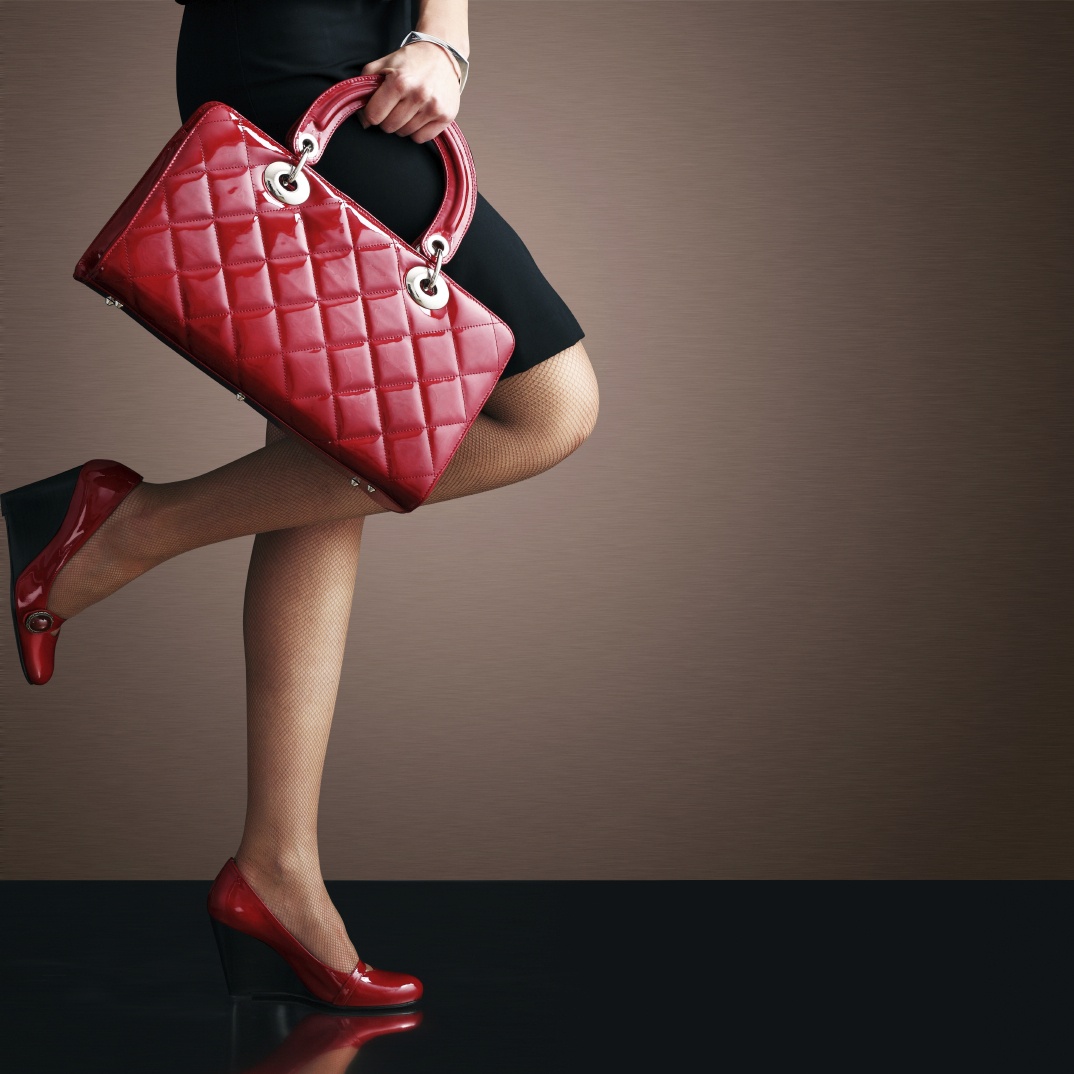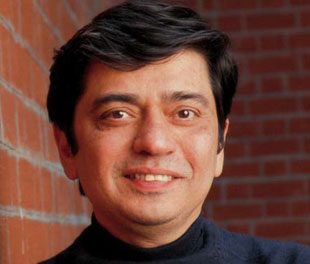Santosh Desai, MD & CEO, Futurebrands, argues how marketers can use consumption as a force for good in his article titled ‘The Wedding Ring &A New Way of Thinking About Brands’ published in December 2016 in LinkedIn. Edited excerpt:
Since the world has no convincing answers for these questions, there is an urgent need to redefine some of the basic assumptions. The root of the assumption is that consumption is bad for the environment. Then, can we continue consuming with least impact on the eco-system? It is possible, says Mr. Desai.All economies, firms and corporations are in the game of driving unbridled consumption and marketing is the driving force to achieve their growth targets. Even if everyone swears to promote sustainable ways of manufacturing goods and producing farm products, how much can the ecosystem support it before the forests disappear and many animal species are lost and the air is polluted? Half the world of 6 odd billion people is yet to experience even a tenth of what the top 20% take for granted.

It begins with redefining what brands mean to people. Can premium brands be made using as little material resource as possible because the utilitarian difference between low-end and high-end brands is marginal? “Going forward, the real contribution of marketing would be to give us ever richer, nuanced meaning that make us value ourselves even more, but do so without using up too many material resources.”
Can consumption be about the power of the idea rather than the quality of the physical resource? “Luxury should mean a rarefied consciousness and not just a rarefied product or experience.”
We need to move towards ‘meaning rich, resource poor’ lifestyle. Organic food is the best example. “It is time to unleash that power and in a small way help make consumption a force for good.”
Read full article @ https://www.linkedin.com/pulse/frugal-brand-tool-sustainability-santosh-desai?trk=hp-feed-article-title-comment










